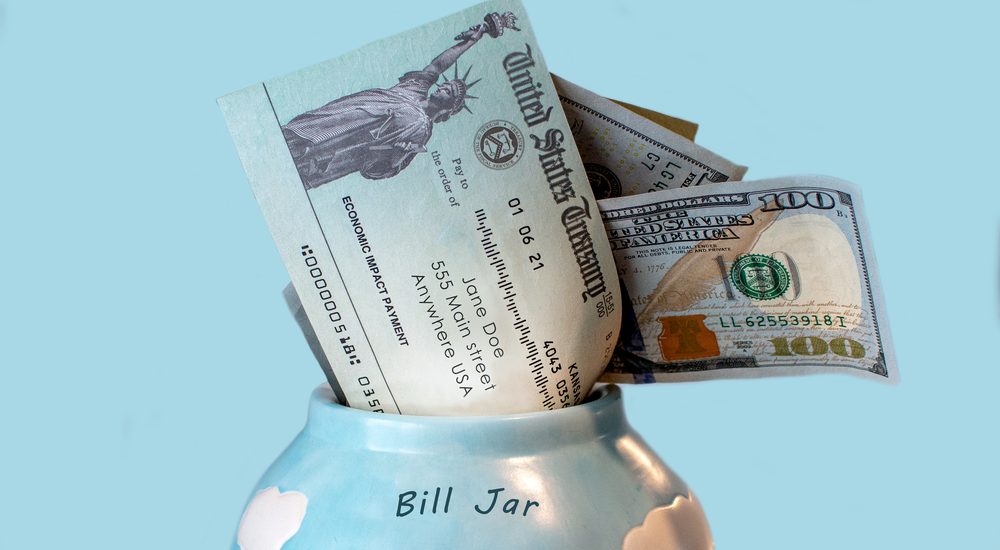- March 4, 2021
- Posted by: admin
- Category: BitCoin, Blockchain, Cryptocurrency, Investments

Bitcoin traders should get used to facing more shocks from Treasury markets even as the cryptocurrency goes through a strong rebound phase.
With coronavirus cases falling, another round of government stimulus looking likely, and millions of Americans receiving vaccines each week, expectations have surged higher about how quickly the US economy could expand this year. A Reuters poll showed that 90 percent of the 120 economists believe the US economy would reach pre-COVID-19 levels within a year.
Bitcoin Faces Headwinds
Expectations of a stronger economy have pushed long-term interest rates higher, with the 10-year Treasury note yielding 1.455 percent versus 0.93 percent at the year’s beginning. While that is a usual response to optimistic economic outlooks, it has posed risks for assets that logged supersonic bull runs amid low-yielding environments since March 2020.
They include Bitcoin, which has surged by more than 1,200 percent from its mid-March nadir. Investors chose it as an alternative against poor yields, alongside certain sectors in the US stock market (read tech shares) that offered to stay profitable during the coronavirus-induced lockdowns.

Bitcoin sells off at local tops against an uncertain bonds market. Source: BTCUSD on TradingView.com
FactSet data shows that the S&P 500 now traded 22 times higher than its estimated earnings over the next year. It is the highest price-to-earnings ratio in 20 years, even higher than what it was after the 2009 economic crisis. As a result, even a modest move in yields tends to cause volatile moves in overvalued stocks.
On the other hand, Bitcoin expects to absorb the pressure as long as Treasury yields rise on US economic growth prospects. Nevertheless, any sudden spike in interest rates could pose risks for the cryptocurrency, given how it corrected lower by more than 21 percent last week as bond sell-off picked sudden momentum.
Rate Hikes
The Federal Reserve officials have clarified that they plan to leave short-term interest rates near-zero while buying Treasurys and mortgage securities at a pace of $120bn per month. But if the coronavirus crisis fades away after a speedier vaccination program, then it may question the central bank’s commitment to continue its asset purchasing program.
Such uncertainty could lead to higher volatility in bond markets, affecting Bitcoin and US stocks in the process. Meanwhile, a definite rate hike from the Fed could risk putting the cryptocurrency on a correcting course downwards.
“If the FED decides to change course and tighten up, this can act as a major headwind for crypto,” explained Ben Lilly, the author of ChainPulse, a crypto-focused newsletter. “That’s because, in such an environment, capital will be less likely to flow into assets at the tail end of the risk curve… Aka crypto.”
In other words, Bitcoin’s sell-off last week could be a preview of what a jittery bond market could do to the cryptocurrencies.